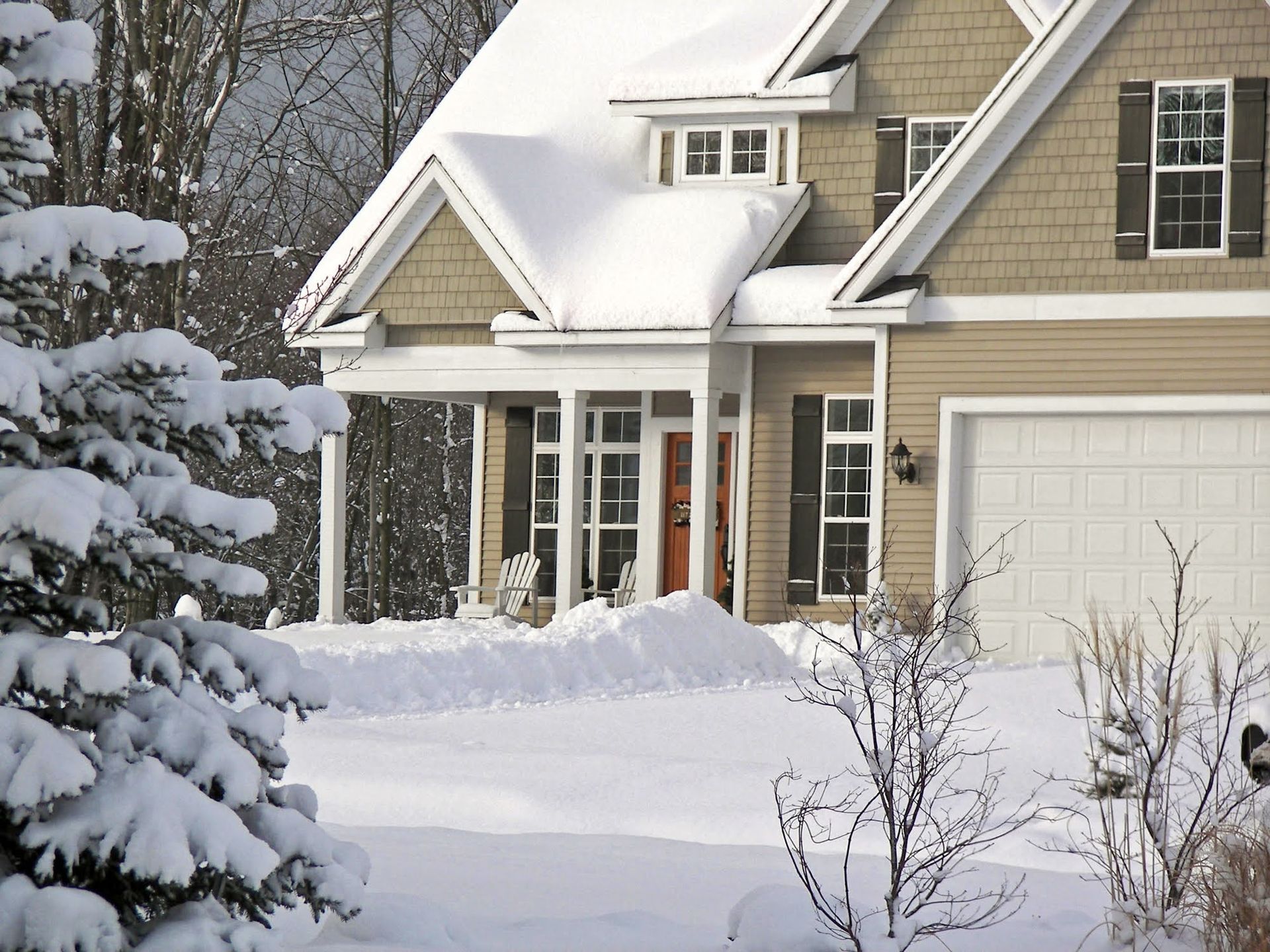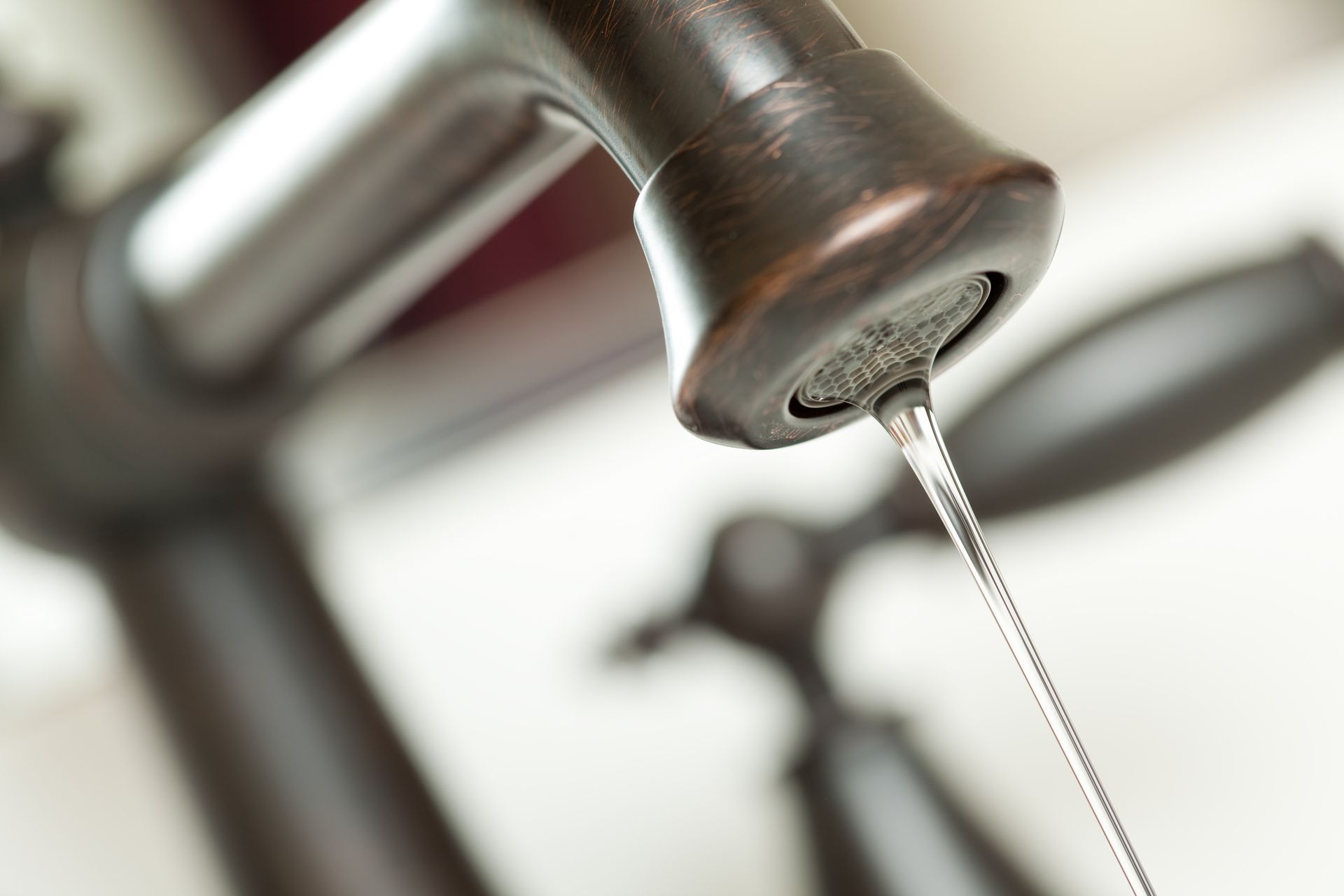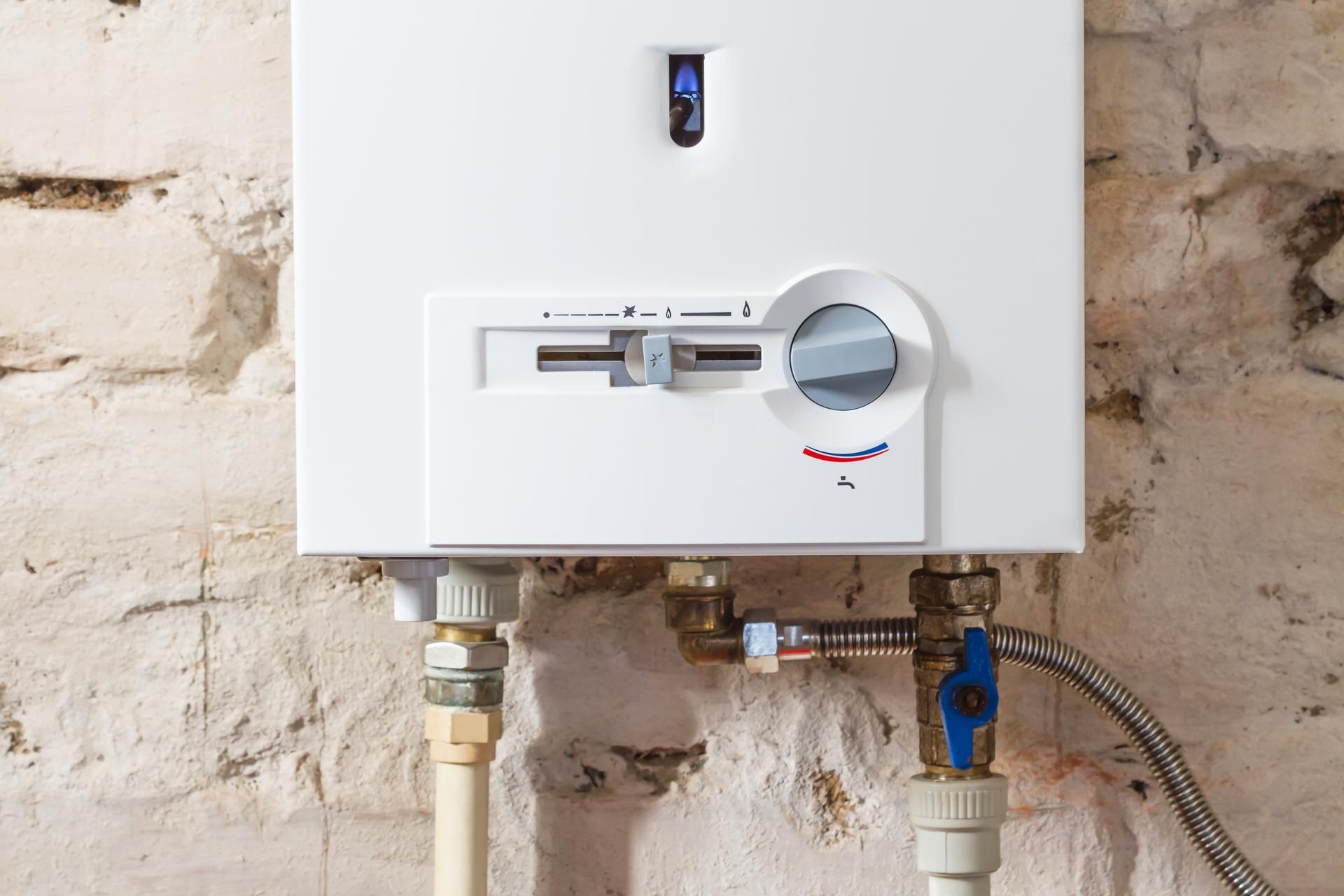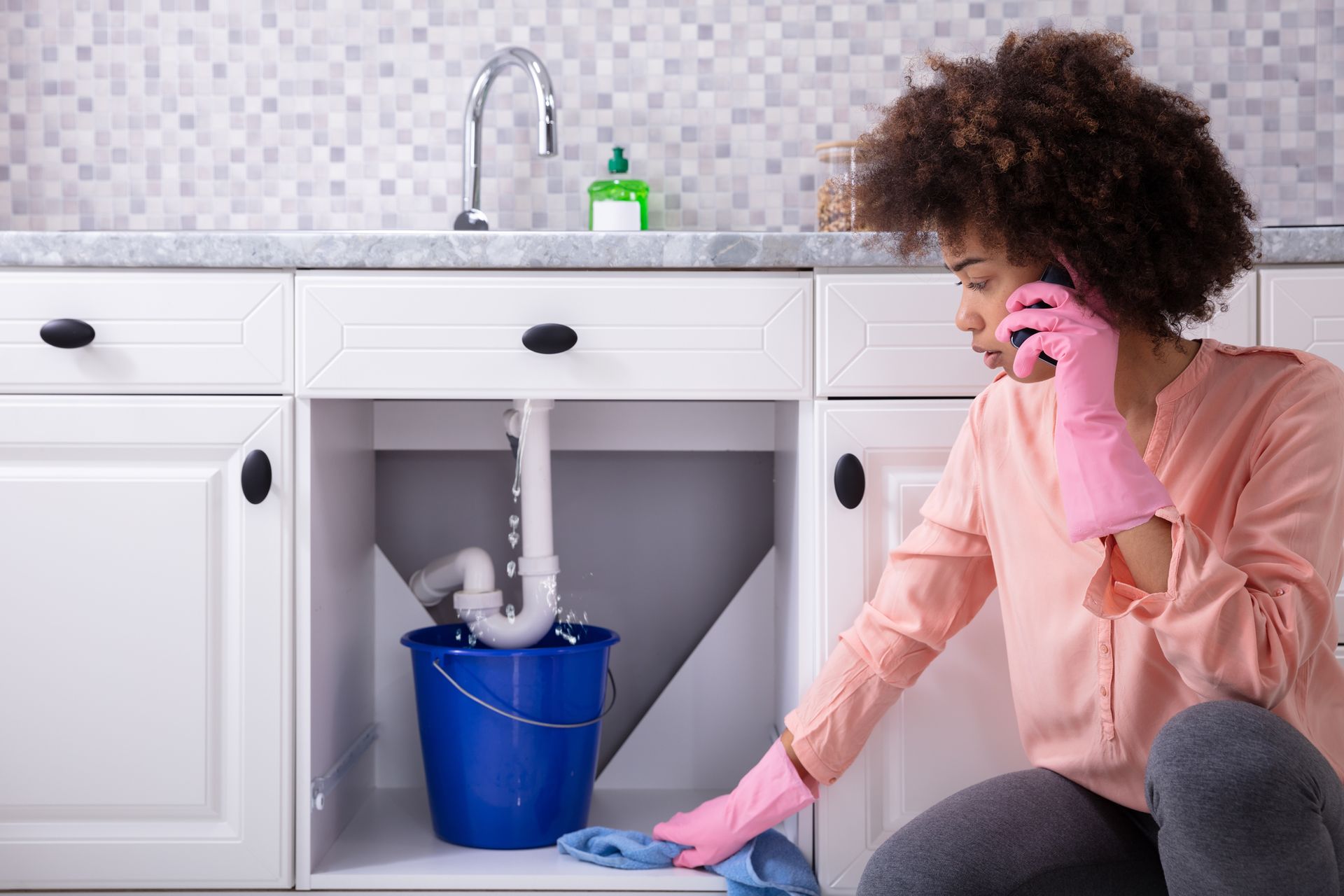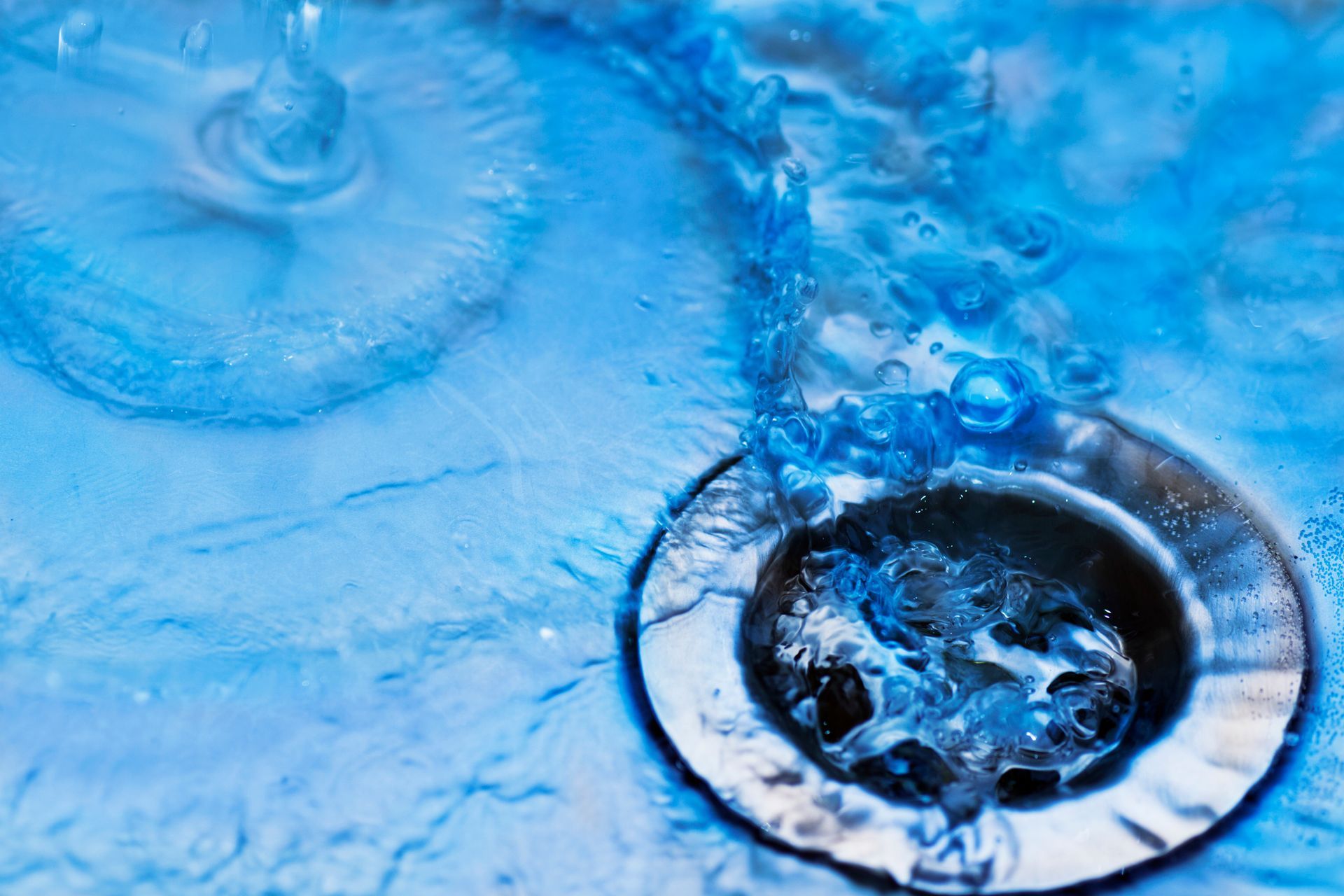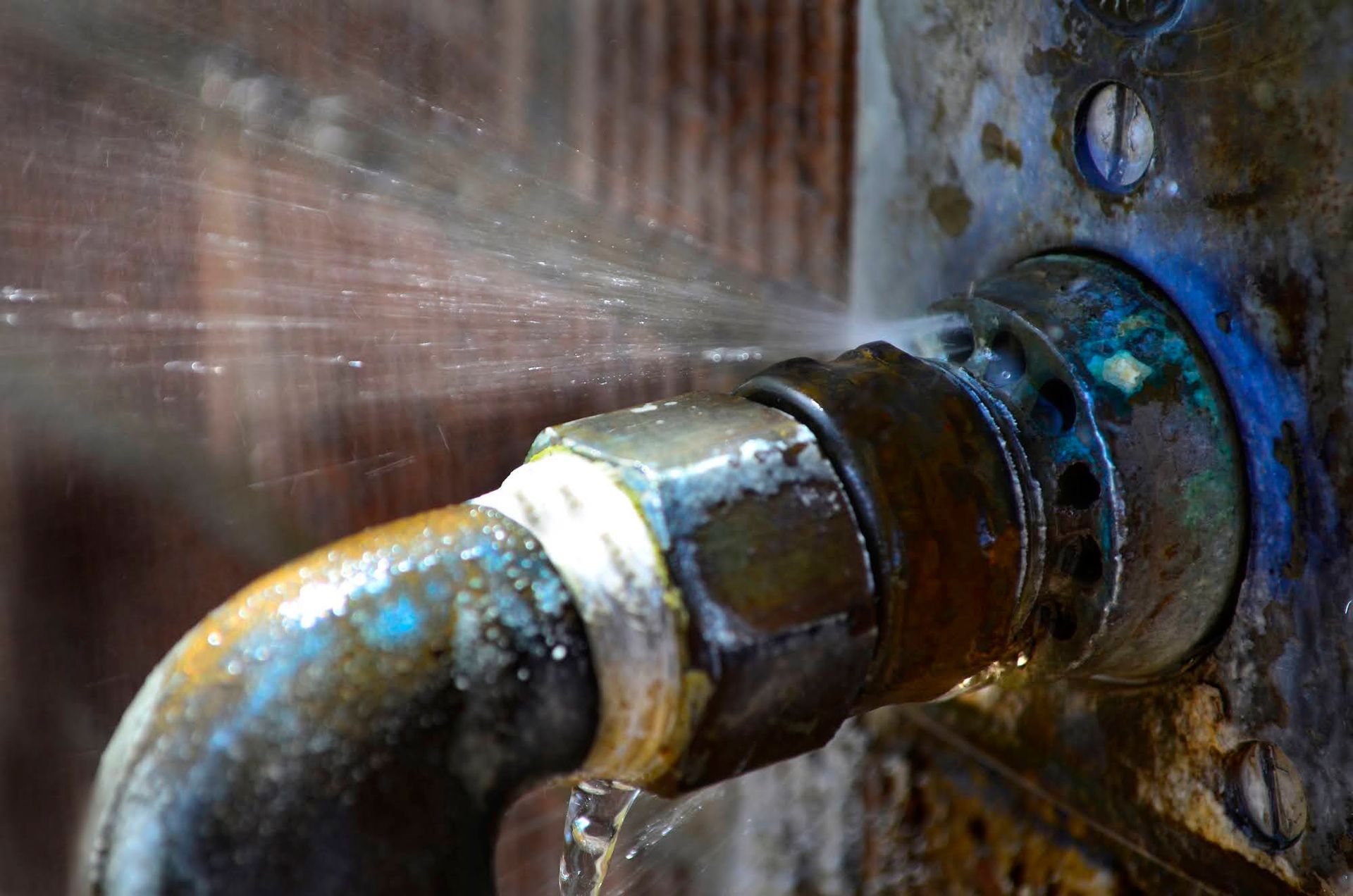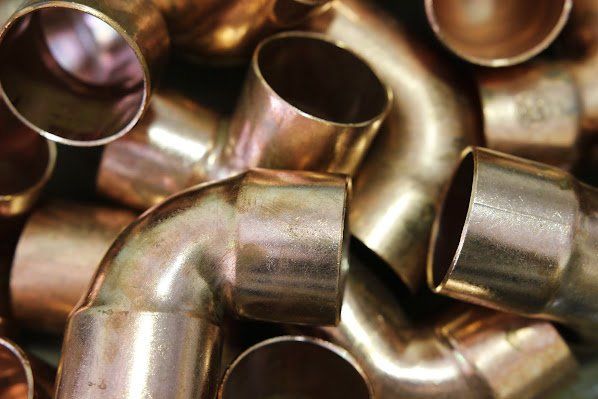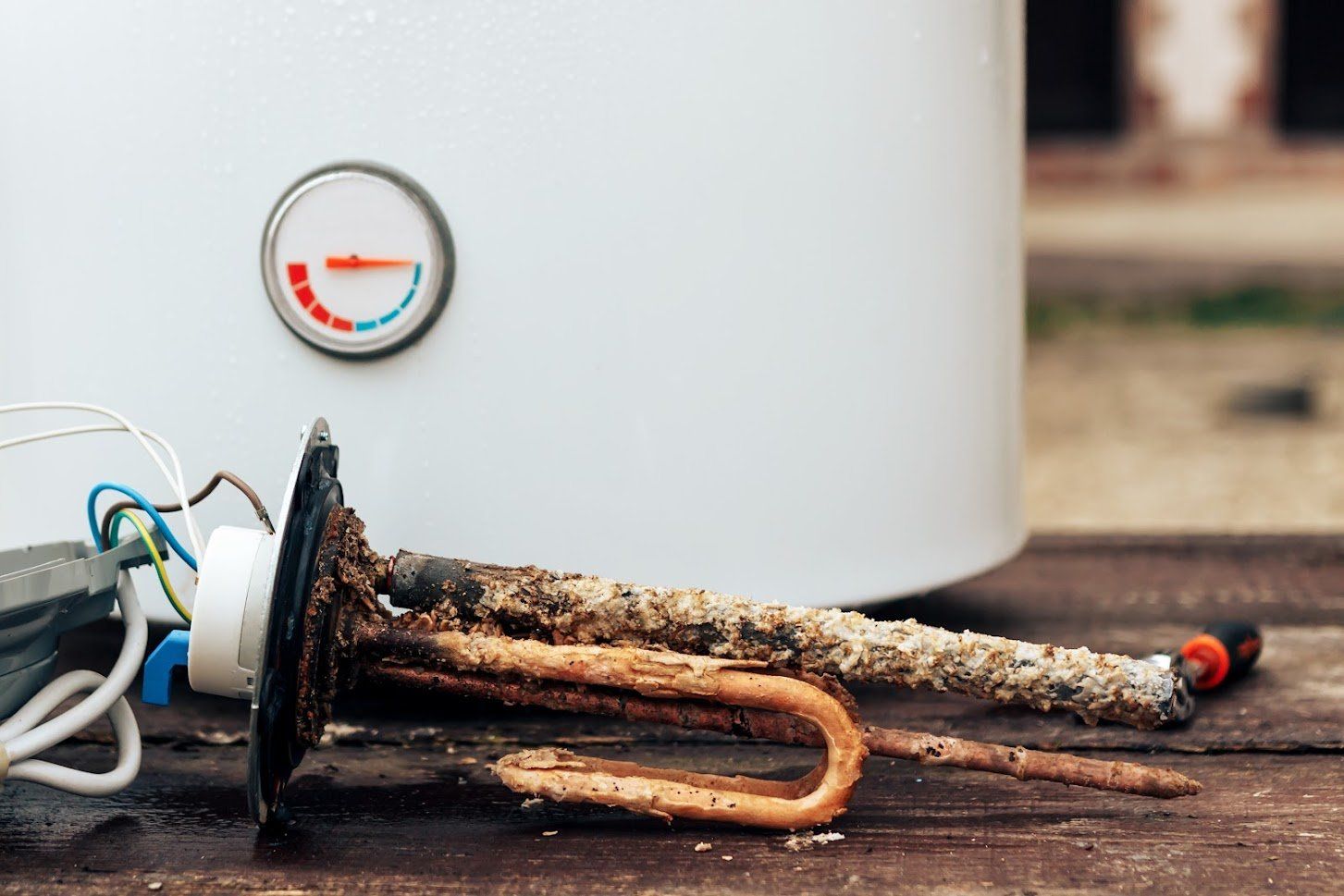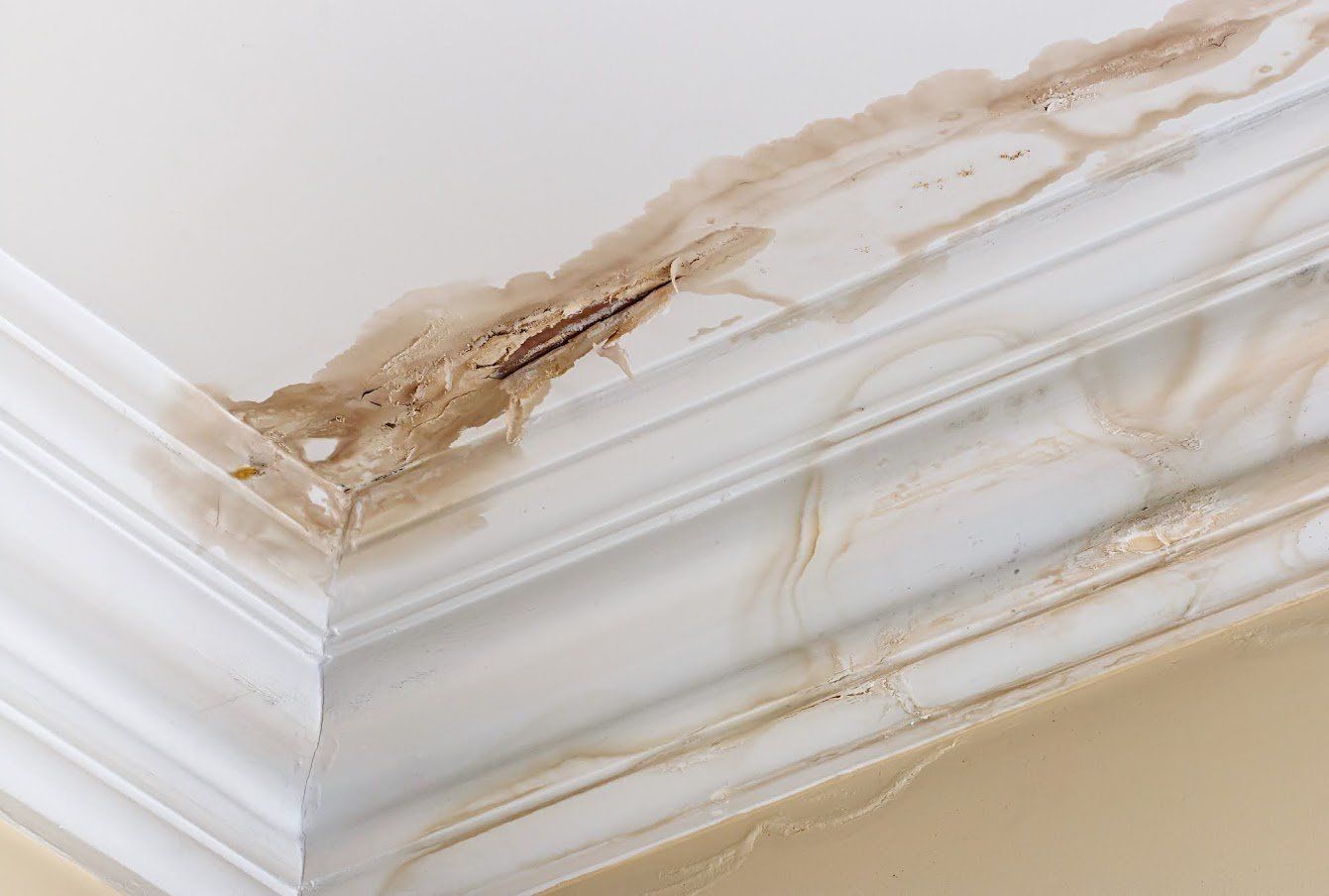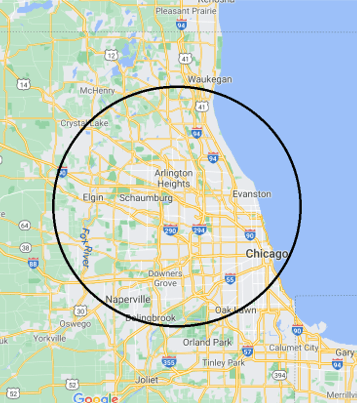Some of the Most Common Types of Pipes in Houses
Pipes are essential to any house's plumbing system, as they carry water and waste in and out of the home. Your house has various types of pipes, each with advantages and disadvantages.
Some general knowledge of the types of pipes in your home can help you understand how plumbers repair and maintain your plumbing system. Here is a look at the most common types of pipes used in houses, from their materials and construction to their preferred purpose.
Polyvinyl Chloride Pipes (PVC)
PVC pipes consist of polyvinyl chloride plastic and are preferable to use the house's sewage system. Most homes' main drains and vent stacks have PVC pipes between three and four inches in diameter. Sink drains and plumbing vents use smaller PVC pipes, up to three inches in diameter, to keep air from getting stuck in drainage pipes.
PVC is a better alternative to steel or copper pipes because it is cheaper, lighter, and easier to install, maintain, and fix. PVC pipes do not rust, corrode, or break down over time. However, PVC is unsuitable for hot water plumbing, so you should only use it for wastewater discharge.
Also, PVC emits gas over time, which can release volatile organic compounds (VOCs) into the air. If you care about air quality, you should look for an alternative to PVC.
Polyethylene Cross-linked Pipes (PEX)
PEX pipes are popular for home plumbing systems because they are cheap, last a long time, and work well. PEX pipes consist of cross-linked polyethylene, resistant to rust and corrosion.
PEX pipes come in coils so that they can easily follow the bends and turns of a system without the need to cut, splice, and join them. Most PEX pipes have color coding so that red for hot water and blue for cold water.
PEX pipes are a good option for hot and cold water supply lines but aren't the best for drain lines. PVC pipes work better for drain lines. PEX is a reasonably new technology. PEX pipes do not possess the same proven record of reliability as copper, steel, or PVC pipes. PEX pipes are a good choice for new homes and can help save money on plumbing costs.
Copper Pipes
Copper is strong, even though it is lighter, thinner, and has a smaller diameter than steel. Copper is reddish, but oxidation can turn copper pipes green or dark brown over time. Copper pipes are good for water supply lines because, unlike other pipe materials, they don't let any chemical compounds into the water.
The Environmental Protection Agency (EPA) banned the use of lead-based solder and other plumbing parts, which applies to copper pipes installed before 1986. The lead-based solder can lead to contamination. Copper pipes are also more expensive than other pipe materials, and installing them requires a propane torch, so only a professional plumber should do it.
Acrylonitrile Butadiene Styrene Pipes (ABS)
ABS pipes consist of black thermoplastic resin that looks a lot like PVC pipes and are suitable for underground drain pipes that go underground. They consist of a black thermoplastic resin that looks much like PVC pipes. ABS pipes tend to last for a long time and are not too expensive. They are also easy to set up because they are light and do not need glue to hold them in place.
However, ABS pipes are bad for above-ground or outdoor pipe systems because ultraviolet (UV) rays can cause them to warp or break down. Also, ABS pipes have Bisphenol A (BPA), a known toxin that can hurt the environment and may cause cancer.
Do not get overwhelmed by these different pipe types. Contact us at J & S Plumbing Inc for plumbing repairs, installation, and maintenance.
Our Reviews

⭐⭐⭐⭐⭐
I only gave them a 5* review because i couldn't leave more. We needed them to repair a separated 12" roof drain pipe exiting the back of our building. To make matters worse, they needed to offset the pipe because it was in the way of another 12" pipe from a different project, and we needed it done right away since it was holding up this other project. J&S was on top of it. They showed up a few hours after I made the call and completed the project the following morning. This was an extensive repair requiring the concrete to be dug out and removed since the separation was inside the footing of the building. The work was in a difficult area, temperatures were hot, and their crew was extremely efficient and professional. J&S has never disappointed us and we will continue to make them the first and last call when we need service. Thank you, Jamie - MIL - Elk Grove Village.
- Jamie S.
Button
⭐⭐⭐⭐⭐
I called J&S Plumbing because I thought my outdoor spigot had froze. With extreme cold weather coming I was looking for it to be fixed before it might get worse. Shane and Tino arrived within an hour and diagnosed that it was just my cover and not a frozen pipe (thankfully) 😮💨. While here, I asked Shane to look at a project we’re looking to do in the spring. He wrote up a proposal for our ejector pit work project and it was very reasonable. He was so professional and helpful. I am definitely planning on using J&S for this project and will update.
- Timothy M.
Button
⭐⭐⭐⭐⭐
These guys were wonderful! We are able to flush the toilets, shower and do laundry without the water backing up I. The basement! Will definitely be using them again!!
- Jennifer H.
Button
⭐⭐⭐⭐⭐
Fast service, arrived late on a Saturday for emergency sewer backing up into the house. Leo was very kind and friendly (and working on his day off). Even when things got a little tricky, requiring an additional plumber, both guys got the job done with a friendly and professional manner.
- Sheila D.
Button
⭐⭐⭐⭐⭐
We've used J & S many times but most recently for a late night water heater repair that turned into a replacement. They showed up, we ran through costs & options, and they swapped units in a little over an hour. Cleaned up and very nice to deal with. Greg and his partner did a super job! Highly recommended +++++
- Bob M.
Button
QUICK LINKS
CONTACT INFORMATION
Address: 370 Bond Street Elk Grove Village, Illinois 60007
Email: admin@jsplumb.com






BUSINESS HOURS
24-Hour Emergency Service
No Upcharge for Evenings, Weekends or Holidays

